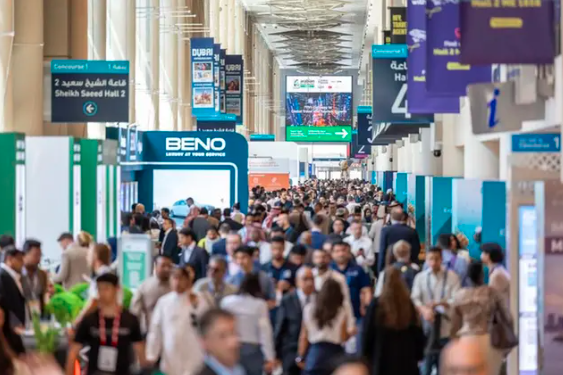
The Future of Travel: Middle Eastern Spending Expected to Reach $350 Billion by 2030
A new report reveals significant growth in travel spending across the Middle East, indicating a robust tourism recovery and expansion.
Key Insights from the Report
The Arabian Travel Market (ATM) has collaborated with Tourism Economics to release its 2025 Travel Trends Report. According to this report, travel expenditure in the Middle East is expected to increase by 50% by 2030, reaching nearly $350 billion.
This growth will largely be supported by:
- An uptick in inbound tourism
- Expanding luxury and business travel
- Increased investments in sports and entertainment.
Danielle Curtis, ATM Exhibition Director for the Middle East, highlighted: “Travel growth in the Middle East is incredibly strong, with annual growth averaging more than seven percent through 2030. Bold national visions, game-changing developments, and enhanced connectivity are key drivers behind this upward trajectory.”
The report predicts that inbound travel to the region will grow by 13% annually from 2025 to 2030, significantly outpacing global averages. Key source markets driving this rise include Asia and Africa, with a strong demand from Europe, especially from the UK and India, which remain the top international leisure contributors.
Additionally, travel spending in the region is projected to surpass pre-pandemic levels by 54% in 2024, and business travel is forecasted to grow at 1.5 times the global average, positioning the Middle East as the second-fastest growing region for business tourism.
A Sector Driven by Development The report also underscores the transformation of the region into a global aviation hub, influenced by major airlines like Emirates, Etihad Airways, Qatar Airways, and Saudia, who have collectively made nearly 780 aircraft orders to ensure long-term growth.
Luxury travel is another focal point, with a significant concentration of luxury hotels located in Abu Dhabi and Dubai. Further development is anticipated due to mega-projects in Saudi Arabia that aim to attract high-net-worth visitors.
Notably, 60% of visitors to the Middle East spend their funds on luxury experiences, exceeding the 40% global average. Curtis stated: “Travellers drawn to the Middle East tend to spend more overall, attracted by exceptional hospitality, curated experiences, and premium cultural events.”
Looking ahead, a 63% increase in sports-related travel is expected as the 2034 FIFA World Cup approaches in Saudi Arabia, accompanied by substantial investments in infrastructure for cycling, esports, golf, and motorsports.


